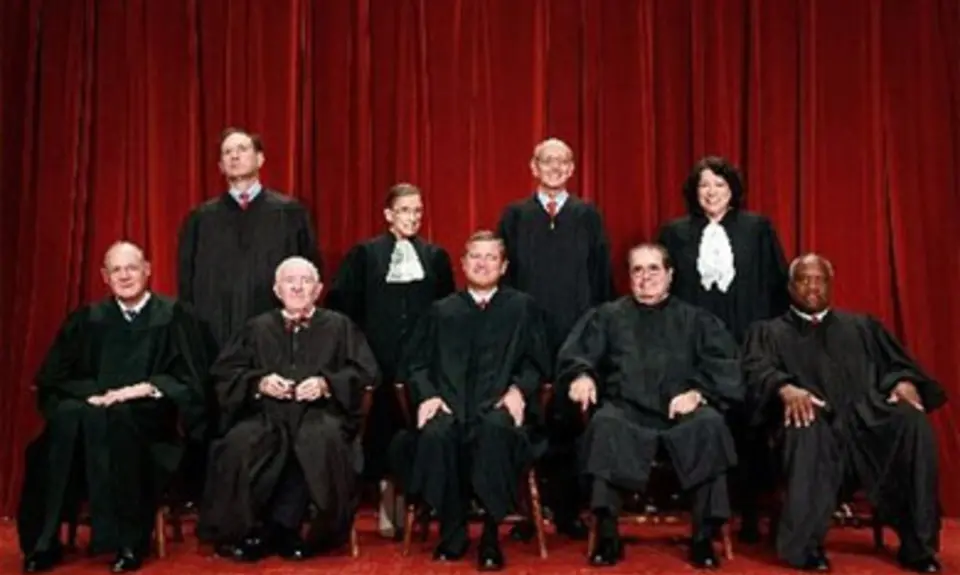Days after the Supreme Court handed down its damaging 5-4 decision in Burwell v. Hobby Lobby, SCOTUS issued an order that underscored the danger that Hobby Lobby poses for women’s health.
In Wheaton College v. Burwell, SCOTUS temporarily granted relief to Wheaton College, a religious institution that is “categorically” opposed to providing contraceptive services, from the contraception coverage compromise solution that the Court explicitly endorsed in Hobby Lobby. The order says that Wheaton may be exempt from submitting a form that would inform the government that they object to covering birth control. Wheaton College argued that submitting this form would make it “complicit in the provision of contraceptive coverage.” The temporary order indicates that the Court’s majority may accept this problematic argument.
In what Think Progress called a “blistering dissent” to the order, Justice Sonia Sotomayor — joined by the two other female Justices Elena Kagan and Ruth Bader Ginsburg — sharply criticized the order. Sotomayor wrote in the dissent:
“Those who are bound by our decisions usually believe they can take us at our word. Not so today.”
While this order is temporary until the case may be heard in front of the Court, the female Justices’ strong dissent demonstrates not only the division within the Court, but also the importance of having diversity on our courts. Women on the bench provide a critically important perspective on all cases, but especially those that deal with women’s lives. It is more important than ever, when women’s rights are under assault, that women are more fairly represented at all levels of government.
